Recent Posts
India Expedites Visa Process for Chinese Experts in Steel Sector
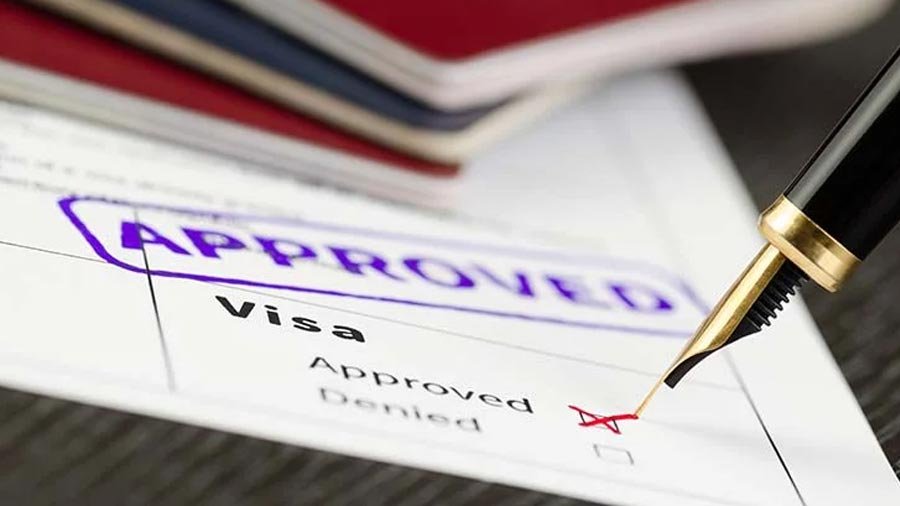
India’s Steel Ministry is taking decisive steps to accelerate visa processes for Chinese technicians and experts essential for the Production Linked Incentive (PLI) projects in specialty steel. The Ministry aims to overcome delays that have hampered progress in this crucial sector, largely due to visa approval issues.
The PLI scheme for specialty steel, designed to boost domestic production and reduce imports, has faced a slow start. The expected investment for FY24 was revised to ₹16,000 crore, but actual investments fell short by 10%, reaching only ₹14,500 crore. Last fiscal, companies had committed to investing ₹21,000 crore. Despite these setbacks, the Ministry remains optimistic about the sector’s potential.
A recent review indicated that delays in visa approvals for Chinese experts, who play a vital role in the installation, maintenance, and training for high-precision equipment, significantly slowed the scheme’s implementation. Most of the specialized equipment for making specialty steel is provided and maintained by Chinese technicians, making their presence crucial for the projects.
In response to these challenges, the Steel Ministry has streamlined the visa approval process. An official mentioned that recommendations for Chinese visas are now being cleared within seven days, a significant improvement from previous months when many recommendations were not addressed promptly. This expedited process is expected to remove a major bottleneck in the implementation of PLI projects.
Under the PLI scheme, 57 Memorandums of Understanding (MoUs) have been signed, generating an investment of ₹29,500 crore and adding an additional capacity of 25 million tonnes by FY28. As of December 2023, selected companies have already invested approximately ₹12,900 crore. An additional ₹10,000 crore investment is anticipated in FY25.
The Ministry is also focused on reducing the dependency on imported precision equipment and capital goods, which are largely not manufactured in India. This reliance on imports increases costs and undermines the goal of self-reliance in the steel sector. It is estimated that about 15-20% of steel plant equipment will need to be imported, amounting to $18-20 billion, with additional spares worth $400-500 million.
To address this issue, the Ministry advocates for a consortium-based approach, where Indian companies and Public Sector Undertakings (PSUs) collaborate to develop high-end capital goods and equipment domestically. This initiative aims to create a self-sustaining ecosystem for manufacturing these critical components in India. The government has pledged support, including facilitating Intellectual Property Rights (IPRs) and possibly providing financial assistance.
Ministry officials emphasize the need for Indian steel companies to start producing their own capital equipment to reduce import dependence and enhance global competitiveness. The government’s commitment to supporting these efforts, coupled with the expedited visa process for Chinese experts, is expected to accelerate the growth and self-reliance of India’s specialty steel sector.
Recent Posts
Categories
- Acquisition1
- Airport16
- AP103
- Apartments126
- Bengaluru217
- Budget 202521
- Cement165
- Chennai438
- Construction909
- Construction Material Price Updates1
- Corporation4
- CREDAI61
- Editors Pick42
- Equipment45
- Events11
- Export24
- GST17
- Highways118
- Hotel16
- Housing207
- Hyderabad94
- import26
- India122
- Industrial387
- Infrastructure616
- Interiors28
- Iron Ore59
- Karnataka92
- Kerala56
- Labour1
- Land150
- Logistics40
- Market Updates404
- Metal100
- Metro109
- Mining77
- MSME21
- News1,877
- NHAI96
- Office Space2
- Paints39
- Port1
- Power Shutdown1
- Properties112
- Puducherry12
- Railways8
- Real Estate762
- Road222
- Sand38
- Short News117
- SIPCOT14
- Steel Daily429
- Stocks37
- Tamil Nadu458
- Technology81
- Telangana96
- TIDCO9
- Trade52
- Trending News1,111
- Video2
- warehouse42
Related Articles
JSW Cement Unveils ₹11000 Crore Expansion Plan to Boost Production Capacity to 41 Million Tonnes
JSW Cement has announced a major ₹11000 crore expansion plan to increase...
BySamrita JosephDecember 6, 2025Shyam Metalics Reports Broad-Based Growth in November as Key Segments Deliver Strong Volumes
Shyam Metalics delivered solid sales momentum in November 2025, with stainless steel,...
BySamrita JosephDecember 6, 2025Japan’s Tsugami Precision Strengthens Tamil Nadu Footprint with ₹300 Crore CNC Manufacturing Facility
Japan’s Tsugami Precision has launched a three hundred crore rupee CNC manufacturing...
BySamrita JosephDecember 5, 2025JSW Steel and JFE Steel Announce Rs 15,750 Crore Joint Venture to Boost Capacity and Drive Long Term Growth
JSW Steel and Japan based JFE Steel have announced a Rs 15,750...
BySamrita JosephDecember 4, 2025











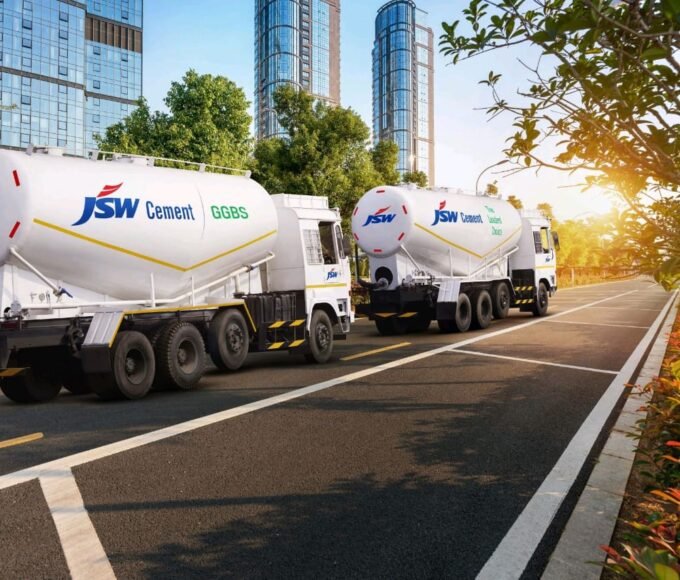
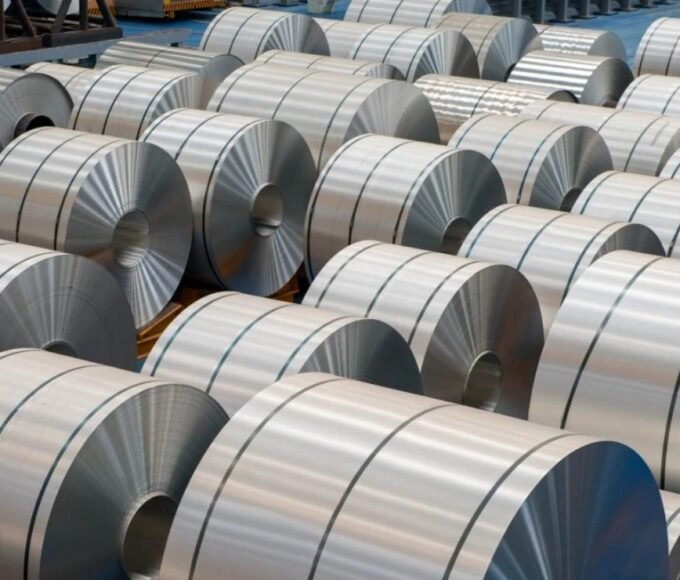
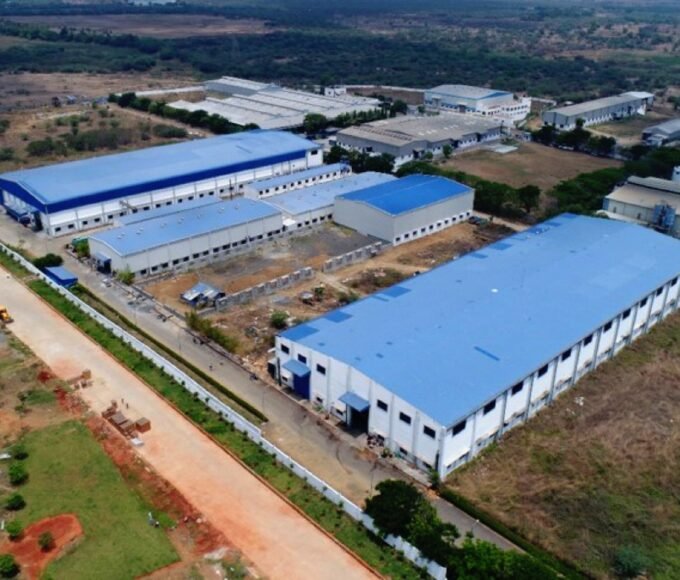
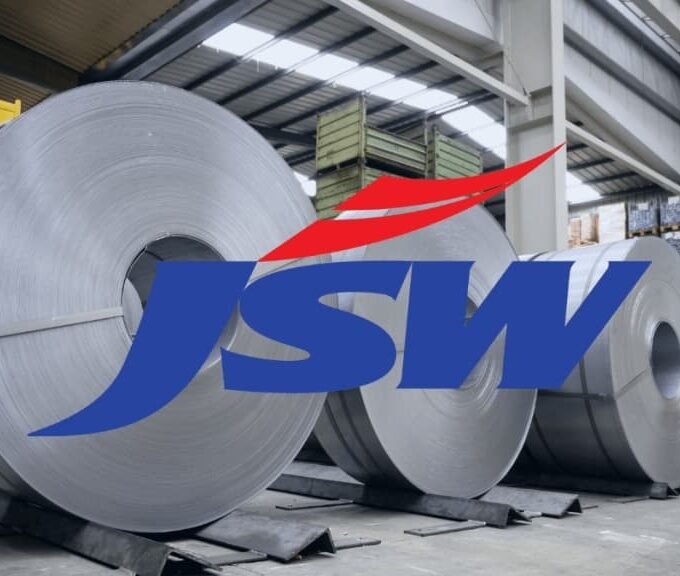
Leave a comment